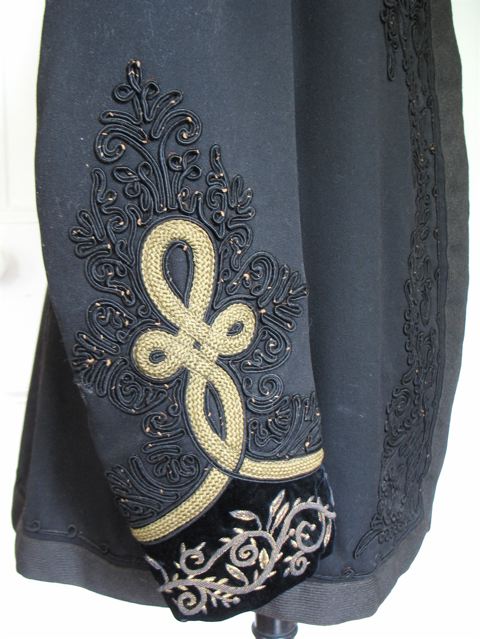
Outdoor concerts, popular movies and beautiful sunsets at the Sousa Bandshell have delighted residents and visitors to Sunset Park in Port Washington for more than 50 years – made possible by a special connection between two residents who came from two different worlds.
In 1908, Gay Pearsall was 7 years old, living in an old house on Third Avenue that her grandfather had built, when she suffered the first of three devastating losses she would experience in the course of her life.
Her mother’s death made her the “little mother” of the family, taking on cooking and cleaning chores for her father and three brothers.
Around the same time, John Philip Sousa bought a home in Sands Point in 1914 at the age of 59 and was a wealthy and accomplished composer putting down roots for his family. His had been a life of hotel rooms and touring with the band. Prior to the arrival of a King of Rock ‘n’ Roll, his own fans had anointed Sousa “The March King.”
Meanwhile, on the other side of town, Gay joined the Campfire Girls when she was 15. She must have relished the chance to escape her all-male household for feminine companionship and guidance. The Campfire Girls instilled in her a sense of patriotism and unselfishness that inspired her to a life of community service.
She married young, but after just 14 years of marriage, tragedy struck for the second time in 1932 when her husband died, leaving her to raise their only daughter on her own.
John Phillip Sousa died that same year and left behind a remarkable legacy as a composer, a bandleader, an author, and even an inventor.
The nation mourned his loss. Though he and his marches will always be associated with the Marines, they are not war-like in sprit. They are patriotic celebrations of a youthful country emerging as a world power.
Gay was resilient, remarried several years later, and went on to become a prominent community leader. Her new home in Baxter Estates was a gathering place for like-minded friends, involved in community activities. Of special note was her service in World War II on the home front: as a plane spotter at the Guggenheim Tower in Sands Point, a fundraiser for a Liberty PT boat, and as a guide for the Mitchell Air Force base in Hempstead.
Her outgoing personality made her a perfect town crier to lead the Memorial Day Parade on Main Street.
Dressed in full period costume, ringing a bell, and waving her baton, she marched to the music of John Philip Sousa. Her energy was said to be contagious, and that energy was fueled by the March King.
The third blow came in 1961 when her second husband died. This time, she was not as resilient and fell into a prolonged depression. According to Gay, “It was a series of dreams that pulled me out of it. In these dreams, John Phillip Sousa came to me and told me to build him a bandshell. I never saw him; it was just his voice speaking to me.” She acknowledged that some people thought this was “eccentric.”
Maybe not so eccentric, for the March King had been speaking to her for many years when she was leading those parades down Main Street. The exuberant patriotism of his music possessed her and she channeled that energy to the crowd. Music can do that.
You’re skeptical? Try listening to “Stars and Stripes Forever” (on YouTube conducted by Leonard Bernstein) and imagine yourself leading the parade.
Whether you buy in or not, Gay did jump out of bed and put her renewed energy into a four-year campaign to raise funds to build a bandshell in the memory of John Philip Sousa. Local, national, and international fans of Sousa responded, and a finished bandshell was dedicated in 1968. There is a time capsule buried in front of the bandshell to be opened in 2068 with names of the donors who made it possible, people like Kathleen Norris, Dwight D. Eisenhower, and Princess Grace.
Two extraordinary citizens from two different worlds with a common goal, the town crier and the March King set ideal examples of what it means to contribute to the common good.
Postscript
In colonial times, a town crier was a government official who made public announcements of state policies – ringing a bell for attention, posting the written policy, and reading it aloud to the townspeople. That is why, as newspapers took over that role, many named themselves “Post”.
Both Gay Pearsall’s town crier costume and John Philip Sousa’s uniform currently are on display at the Sands Willets House-Museum. Tours resume in May.
Ross Lumpkin is a trustee at the Cow Neck Peninsula Historical Society, www.cowneck.org.






